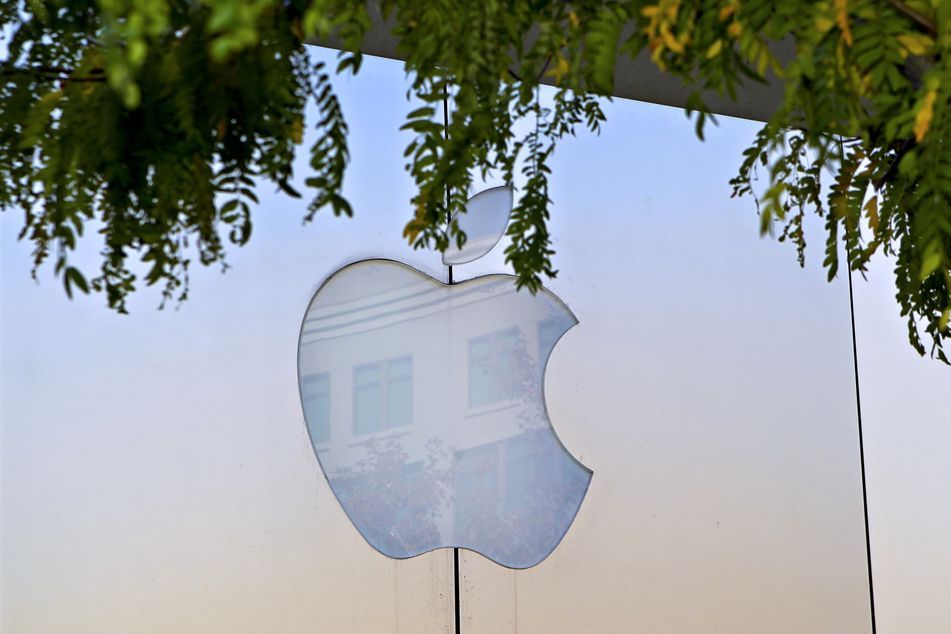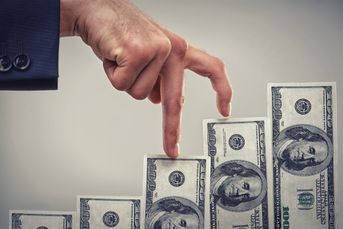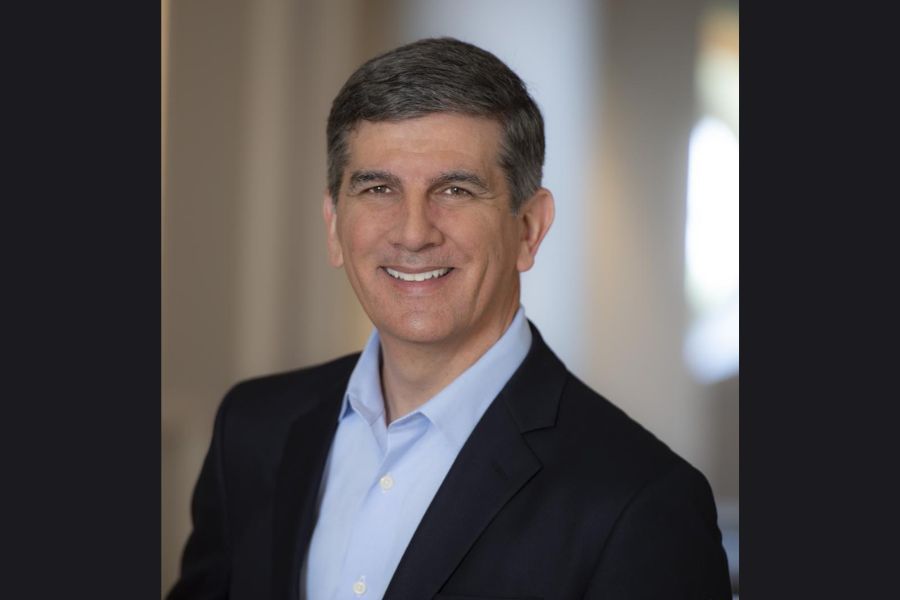With Apple stock dropping, time to take money off the table?

Renewed concerns about Steve Jobs' health driving share price down in early trading
Apple Inc. Chief Executive Officer Steve Jobs took a leave of absence as a rare form of cancer he’s been battling since 2004 and a more recent liver transplant worsened his health, a person with knowledge of the matter said.
Jobs has been unable to keep on weight as he undergoes treatment, said the person, who requested anonymity because the matter is private.
The announcement that Chief Operating Officer Tim Cook will handle day-to-day operations came yesterday, preceding the first-quarter earnings report due at today’s market close. Apple is projected to report profit of $5.39 a share on sales of $24.4 billion, the average estimate of analysts surveyed by Bloomberg.
“2011 is already in the bag,” said Michael Binger, a fund manager at Thrivent Asset Management, which holds Apple stock. “My guess is it’ll be a blowout.”
Discussion of results may be overshadowed by questions about Jobs’s health and his future involvement in the company, said Gene Munster, an analyst at Piper Jaffray Cos. in Minneapolis. Apple benefited from rising demand for the iPhone and the iPad tablet computer in the fiscal first quarter, typically the company’s strongest because it includes year-end gift-giving season.
Apple shares fell to $341.14 near the end of the trading day. That’s down 2.11 percent. The stock rose 53 percent last year.
‘Money Off Table’
“If you’re a holder, you’re probably starting to think, ‘Maybe I should take some money off the table,’” said Greg Taylor, who helps oversee about $5 billion as a money manager at Aurion Capital Management in Toronto. “Maybe the risk-reward is more slightly skewed to the downside.”
Jobs, who co-founded Apple in 1976, took two previous leaves — for cancer surgery in 2004 and the transplant in 2009. He will stay on as CEO, Apple said yesterday, citing an e-mail to employees from Jobs.
“I love Apple so much and hope to be back as soon as I can,” Jobs, 55, said in the e-mail. Jobs said he will continue to “be involved in major strategic decisions for the company.” He didn’t say when he may return, and Steve Dowling, an Apple spokesman, declined to elaborate on the statement.
Jobs returned to Apple in 1997 after he was ousted in 1985 and transformed it from a computer-industry also-ran into the world’s largest technology company by market value. Apple’s iPod, iPhone and iPad became trendsetters in their markets.
Deteriorating Health
For the past few weeks, Jobs had been coming into the office once or twice a week, and has been susceptible to colds and flu because of his weak health, the person familiar said.
A former employee who saw Jobs in the past two months said the executive looked thin. Still, yesterday’s announcement came as a surprise to some senior managers who had grown accustomed to Jobs’s unpredictable work schedule, according to a manager at a company that does business with Apple.
Jobs was absent from last week’s announcement that Verizon Wireless would begin carrying the iPhone. News Corp. delayed the introduction of a tablet-computer news publication that was originally scheduled for a Jan. 19 event in San Francisco with Jobs, according to a person familiar with that plan.
The decision to push back the unveiling came last week because of technical issues with the subscription and had nothing to do with Jobs’s health, said the person, who asked not to be identified because the plans are private.
News Corp. and Apple declined to comment.
Rare Cancer
Jobs’s liver transplant took place at Methodist University Hospital in Memphis, Tennessee. The surgeon who performed the procedure, James Eason, is an expert in treating recurrences of a rare cancer Jobs said he had in 2004.
The cancer, called neuroendocrine tumor, was discovered in Jobs’s pancreas. While the tumor is often slow-growing, it can spread to the liver where it can become life-threatening. Eason said at the time that he had replaced the livers of about 10 people with the rare cancer. Jobs hasn’t said whether his transplant was done to treat a recurrence of the tumor. Eason didn’t return a call placed to his office yesterday.
Cook, 50, took over daily management for Jobs during his 2009 leave. Cook received total compensation of $59.1 million, including a special bonus and stock in recognition of “his outstanding performance” during that period.
The company was criticized by some investors at the time for not disclosing Jobs’s health issues sooner.
Confidence in Cook
“Apple missed an opportunity to hand the day-to-day responsibility to another executive” earlier on, with Jobs focusing on broader ideas and design while taking care of his health, Michael Obuchowski, chief investment officer at First Empire Asset Management in Hauppage, New York, said in an e- mail. “I am worried that the current decision to keep Steve Jobs as CEO is another mistake.”
In 2004, Cook filled in as Jobs recuperated from surgery for the tumor in his pancreas. After the treatment, Jobs looked thinner at events through 2008 and the company’s stock fluctuated amid speculation about his health.
“I have great confidence that Tim and the rest of the executive management team will do a terrific job executing the exciting plans we have in place for 2011,” Jobs said in the e- mail to employees that was released yesterday.
Jobs disclosed he was taking time off on Jan. 14, 2009, and Apple announced he was back at work on June 29 that year. From Jan. 15 until his return, the shares rose 70 percent.
“If you bought the stock on a pullback over Steve Jobs’s health in the past, you made money,” Piper Jaffray’s Munster said. “The history is that when Steve Jobs goes on leave, it’s a great buying opportunity.”
Jobs, who co-founded Apple at the age of 21, was ousted by the board in 1985. When he returned to the company in 1997, it had run up $1.86 billion in losses over two years. Apple was 90 days away from bankruptcy, Jobs would later say. The company is now the second most valuable behind Exxon Mobil Corp.
Learn more about reprints and licensing for this article.






